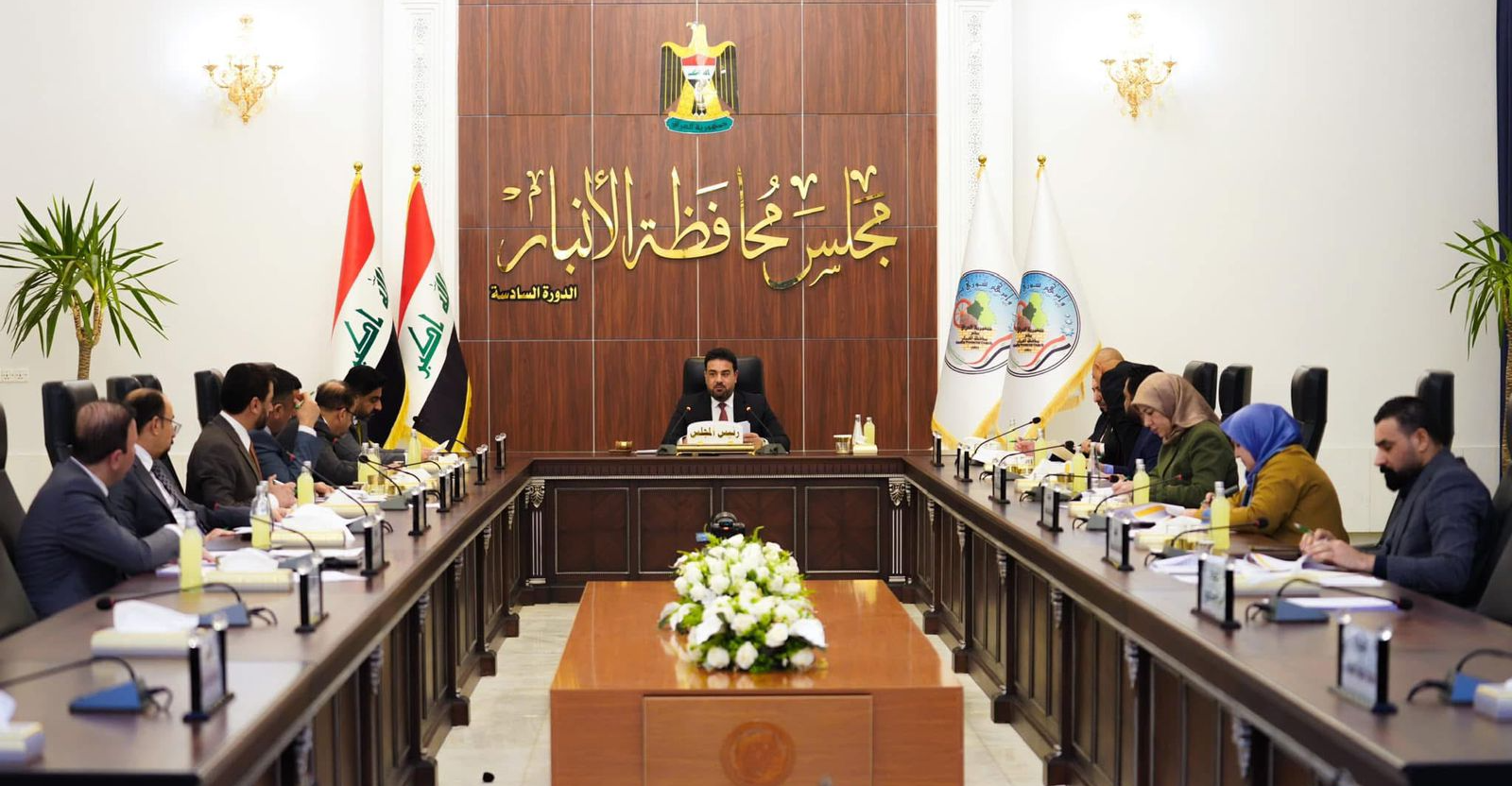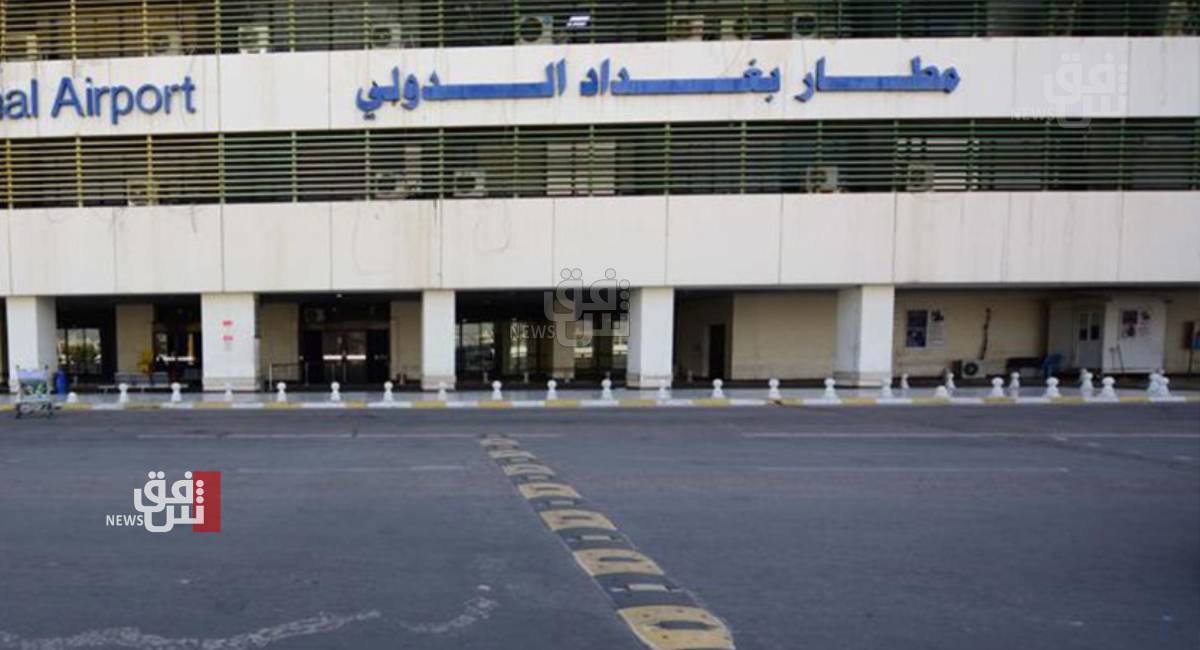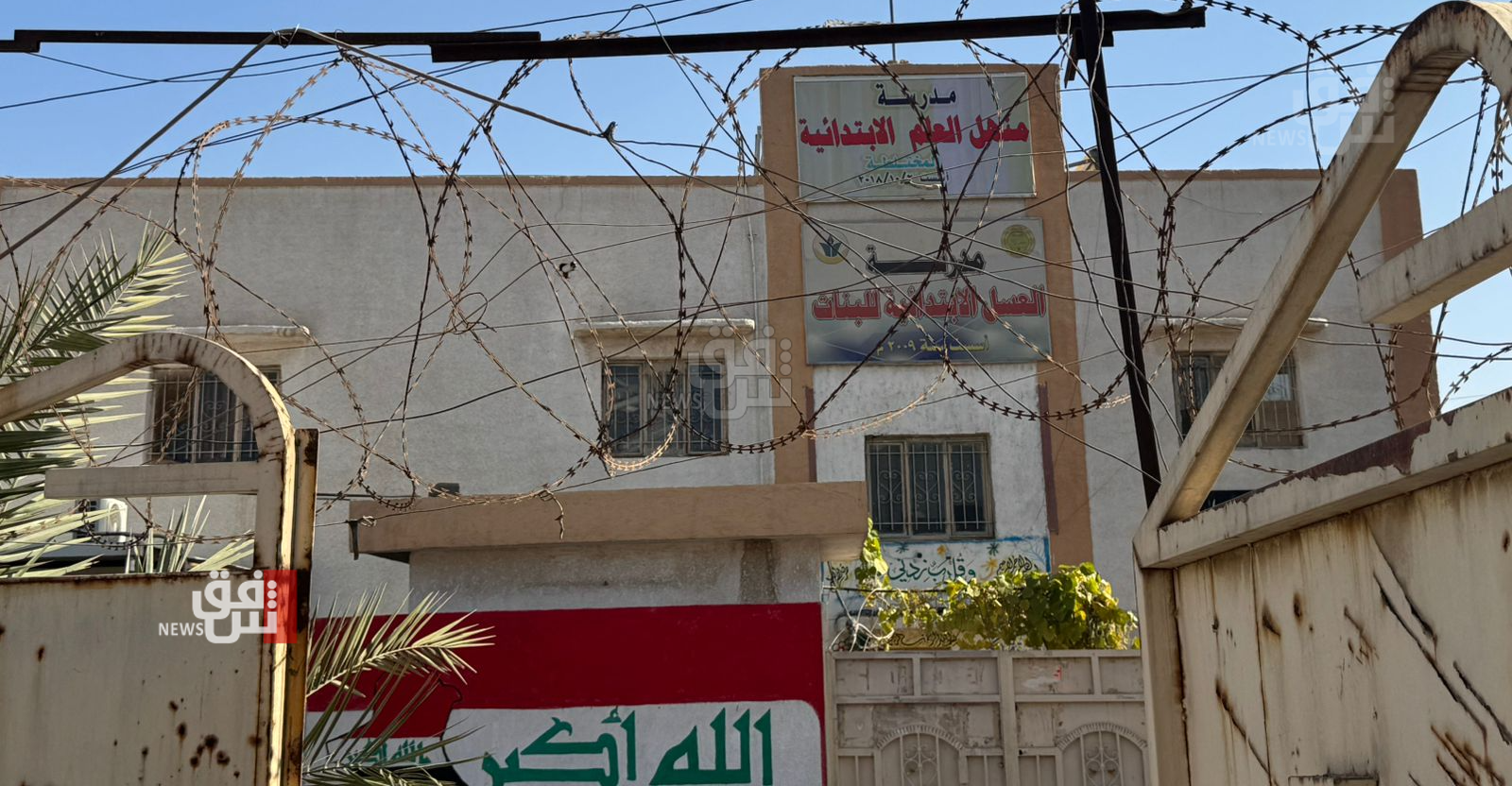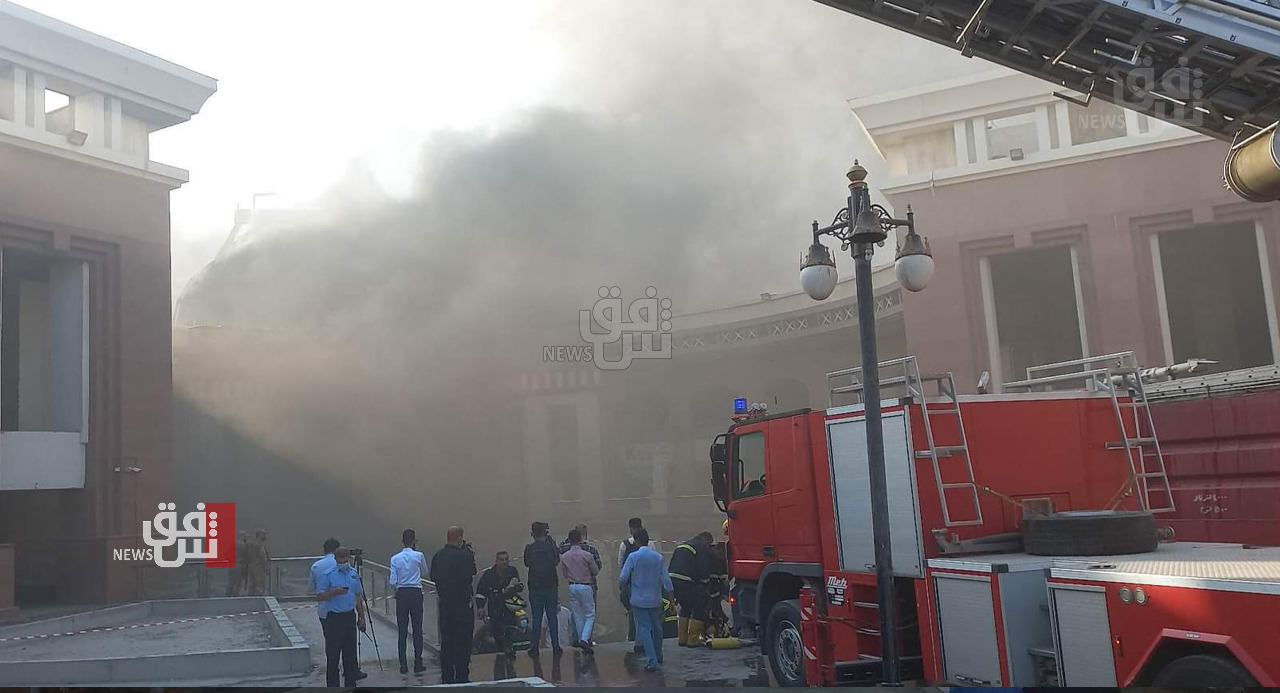Iraq’s economic landscape in 2024: Progress and challenges
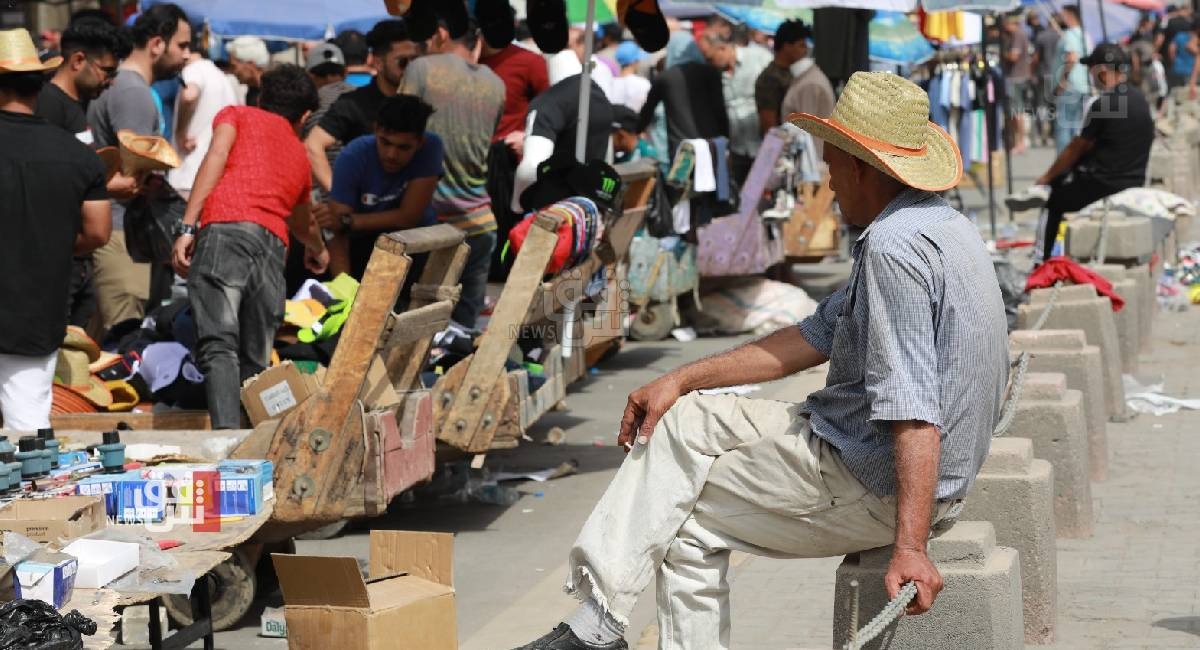
Shafaq News/ Iraq’s economy in 2024was marked by milestones and challenges across various sectors, reflecting itsresilience and opportunities for growth. The year saw remarkable achievementsin oil production, electricity generation, financial stability, andagriculture. However, structural issues such as currency fluctuations, fiscaldeficits, and corruption continued to hinder sustainable progress.
Oil Sector: Strategic Developmentsand Challenges
The oil sector, a cornerstone ofIraq’s economy, experienced significant advancements in 2024. The Ministry ofOil secured a series of strategic contracts and agreements to enhance nationalproduction, develop vital oil and gas fields, and contribute to global energymarket decisions as part of the OPEC+ alliance.
On April 14, the Ministry of Oilsigned a contract with Ukraine’s Ukrzemresurs LLC to develop the Akkas gasfield in Al-Anbar, targeting an initial production capacity of 100 millionstandard cubic feet per day (mscf) within two years, with plans to expand to400 mscf in four years.
Similarly, on October 31, theMinistry secured an agreement with China’s JERA and Iraq’s Petro Iraq todevelop the Mansuriyah gas field in Diyala, which will add 300 mscf to Iraq’senergy grid.
To boost domestic production, theMinistry launched 29 new oil and gas projects on May 12 as part of the fifthsupplementary and sixth licensing rounds. These projects aim to increase gasproduction by 800–850 mscf and crude oil output by 750,000 barrels per day.Contracts were signed on August 14 to develop 13 exploratory blocks anduntapped fields, reflecting significant investment in Iraq’s energy potential.
Memorandums of Understanding werealso signed to bolster Iraq’s energy infrastructure. On May 25, the Ministry ofOil signed an MoU with Siemens Energy and Schlumberger to invest in associatedgas flaring and planning technical and financial proposals for fielddevelopment.
On August 1, another MoU was signedwith British Petroleum (BP) to rehabilitate and enhance production in four keynorthern oil fields in Kirkuk.
Infrastructure improvements includedthe launch of the Sumer oil tanker on September 9, a 200,000-barrel capacityvessel designed to enhance Iraq’s export logistics.
On November 5, Iraq reaffirmed itsrole in the OPEC+ alliance by agreeing to extend voluntary production cuts of2.2 million barrels per day until the end of 2024, aligning with global effortsto stabilize oil markets. However, legal disputes persisted. On December 23,the Karkh Court of Appeal overturned rulings nullifying Kurdistan’s oilcontracts with foreign firms, prompting nine companies to seek $24 billion incompensation for halted exports.
Electricity Sector: Expansion andCollaboration
Efforts to stabilize Iraq’selectricity supply saw substantial progress in 2024 through internationalagreements and domestic advancements.
On March 28, Iraq signed a five-yearagreement with Iran’s National Gas Company to import 50 million cubic meters ofnatural gas daily, ensuring continued power generation. By March 30, Iraqinaugurated a power grid interconnection with Jordan, part of a tri-nationalcollaboration with Egypt, which will ultimately deliver 500 megawatts at fullcapacity.
On July 19, the US State Departmentrenewed its waiver allowing Iraq to continue purchasing energy from Iran,highlighting the importance of international cooperation in sustaining Iraq’senergy sector.
Iraq’s electricity generationreached an unprecedented 27,320 megawatts by July 2, a 3,000 MW increase from2023. On November 9, Iraq finalized its integration with the GCC electricitygrid, securing 3.94 terawatt-hours annually at competitive rates.
A deal signed with Turkmenistan onNovember 19 further diversified energy imports, providing an additional 20million cubic meters of gas daily.
In addition, the Ministry ofElectricity signed contracts to implement the Smart Energy TransformationProject on November 23, aiming to provide uninterrupted 24-hour electricity toover 130,000 households across Wasit, Kirkuk, Diyala, and Anbar provinces inits initial phase.
Trade and Agriculture: Food SecurityAchievements
The trade and agricultural sectorscontributed significantly to Iraq’s economic resilience in 2024.
On August 12, the Ministry of Tradereported a 21% increase in wheat production, reaching 6.3 million tons, markingthe second consecutive year of self-sufficiency in this essential crop. ByDecember 26, Minister of Trade Atheer Al-Ghurairi confirmed that wheat reserveswere sufficient to meet the country’s needs for more than a year, withessential food supplies secured for at least eight months, stabilizing markets.
Agricultural exports also thrived,with the Ministry of Agriculture reporting the export of over 400,000 tons ofagricultural products within the first six months of the year on July 26. OnSeptember 29, Finance Minister Taif Sami signed a €262.16 million financingagreement with Austria’s Erste Group Bank to fund the development of advancedirrigation systems, by Austria’s Bauer Company, enhancing water efficiency andproductivity across Iraq.
International Financial Engagementsand Fiscal Policies
In 2024, Iraq deepened itsengagement with global financial institutions. On May 16, the InternationalMonetary Fund (IMF) projected Iraq’s economic growth at 1.4% for 2024, with ananticipated rebound to 5.3% in 2025. However, the IMF highlighted a wideningfiscal deficit, rising to 7.6% of GDP in 2024 from 1.3% in 2023.
In a notable financial milestone,Iraq fully repaid IMF loans totaling $8 billion on May 18, as announced byMuzher Saleh, financial advisor to the Prime Minister.
On July 22, IMF data revealed thatIraq increased its gold reserves by 2.644 tons, bringing the total to 148.305tons, further bolstering financial stability.
On November 28, Fitch Ratingsaffirmed Iraq’s credit rating at B- with a stable outlook, acknowledginggovernment efforts to stabilize the economy despite governance weaknesses andelevated political risks. However, Fitch projected the fiscal deficit to increaseto 8% of GDP, underscoring Iraq’s heavy reliance on oil revenues.
Highlighting the scale of fiscalpolicy, Iraq’s parliament approved a record-breaking budget of 211 trillionIraqi dinars ($155 billion) on June 4. Operational expenditures accounted for74% of the budget, while 95% of revenues relied on oil.
Financial Sector and Anti-CorruptionMeasures
The Central Bank of Iraq (CBI)implemented critical reforms in 2024 to enhance financial transparency andstability. On April 2, the CBI banned eight local banks from handling US dollartransactions to combat fraud and money laundering. A partnership with OliverWyman on August 31 initiated a comprehensive review of Iraq’s banking sector,while a memorandum signed with Frankfurt School, in coordination with theGerman Agency for International Cooperation (GIZ), as part of the EU andGerman-funded Financial Markets and Public Finance Project (FFM), focused onupgrading Iraq’s financial infrastructure and increasing market efficiency.
Expert Analysis: Progress andChallenges
Economic expert Ahmad Abed Rabbuprovided insights into Iraq’s 2024 economic landscape, highlighting bothachievements and unresolved challenges. While notable advancements were made incritical areas such as gas development and trade, structural issues continuedto hinder the country’s economic stability.
Abed Rabbu praised Prime MinisterMohammed Shia Al-Sudani’s government for prioritizing investment in the gassector and securing major oil contracts, which are vital to Iraq’sresource-dependent economy.
He noted that “2024 marked asignificant step forward in modernizing the financial system through a shifttoward electronic payment systems, reflecting a broader strategy to enhanceefficiency and transparency. Additionally, the Ministry of Trade successfullystabilized markets and ensured food supplies, leading to improved conditionscompared to previous years.”
Despite these advancements, AbedRabbu pointed out persistent obstacles that undermined the economy's overallperformance. One of the key concerns was the continued rise in the dollarexchange rate throughout 2024, exposing deep-rooted structural imbalances. “Thegovernment has not managed to address this issue,” he remarked, emphasizing theneed for stronger fiscal and monetary policies.
The year’s budget, the largest inIraq’s history, failed to reduce excessive spending or attract substantialforeign investment. Abed Rabbu said that many projects remained contract-basedrather than representing genuine long-term investments. The expert alsocriticized the impact of sanctions on banks, which significantly disrupted thefinancial sector.
The Central Bank of Iraq, he noted,“has yet to find solutions to these ongoing issues.”
Corruption remained another majorchallenge. While external debt decreased, internal debt saw a significant rise,adding further strain to the country’s fiscal health. Abed Rabbu stressed theurgency of tackling these problems and called for 2025 to serve as a startingpoint for addressing major issues like electricity shortages and the housingcrisis.


